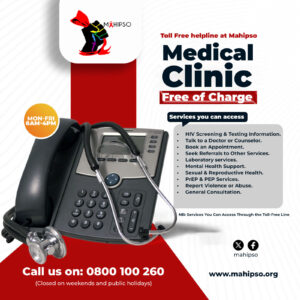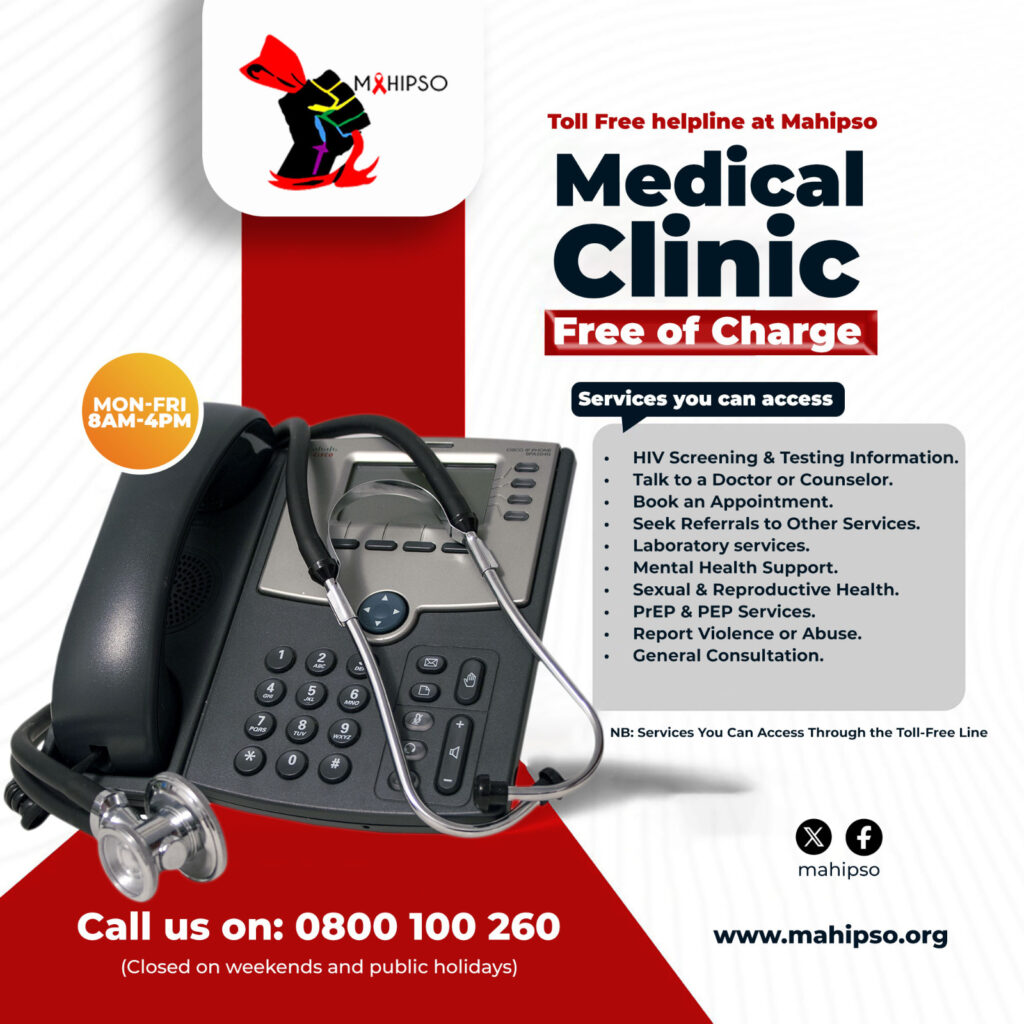Overview
MAHIPSO’s Social Inclusion for Intersex Persons Program Domain focuses on addressing the lack of dedicated intersex programming, advocacy, and service delivery in Central Uganda, especially in the Greater Masaka Region. Intersex persons in these areas face significant stigma, discrimination, violence, and social exclusion, and current support structures are mostly concentrated in urban centers like Kampala.
To bridge this gap, MAHIPSO employs four key strategies: (1) Knowledge Generation and Management to gather data and document experiences, (2) Public Awareness to reduce stigma and promote acceptance, (3) Health and Human Rights Advocacy to ensure access to inclusive healthcare and legal protections, and (4) Building Voice and Agency to empower intersex persons to speak for themselves and engage in decision-making processes.
This program aligns with several national, regional, and international policies and frameworks, including Uganda’s Gender and GBV policies, the Equity Plan for HIV/TB/Malaria services, the African Union and COMESA gender frameworks, the East African Community Gender Policy, and the United Nations Sustainable Development Goals (SDGs), all aimed at promoting equality, health access, and human rights for all.

